Lynn Sembor
Lynn Sembor isn’t loud about her accomplishments—but that’s what makes her stand out. Based in West Haven, Connecticut, Lynn has spent decades working behind the scenes in both the private and public sectors. From underwriting

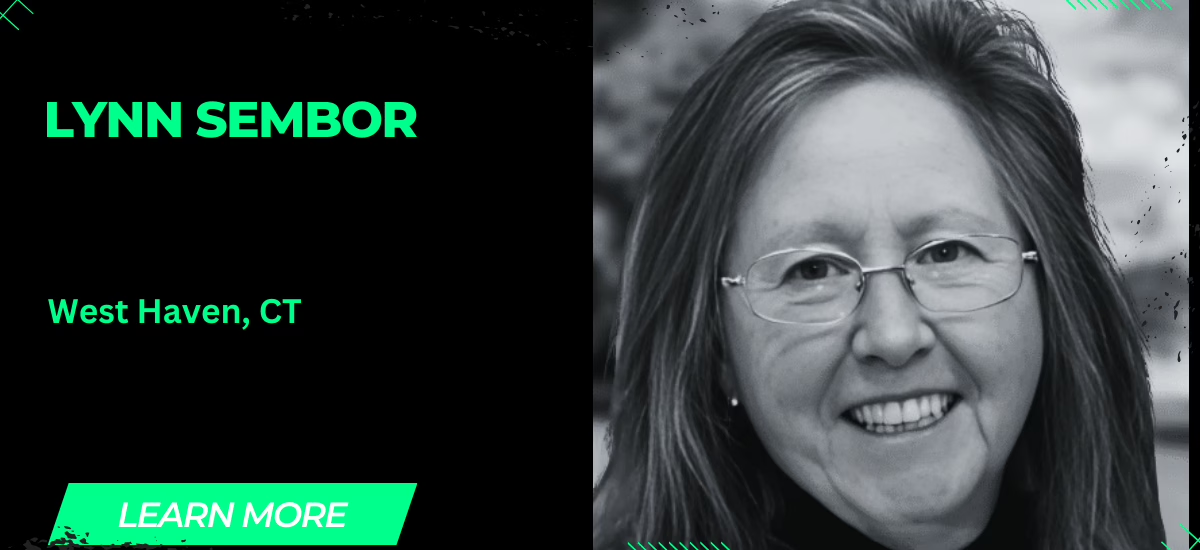
Lynn Sembor isn’t loud about her accomplishments—but that’s what makes her stand out. Based in West Haven, Connecticut, Lynn has spent decades working behind the scenes in both the private and public sectors. From underwriting
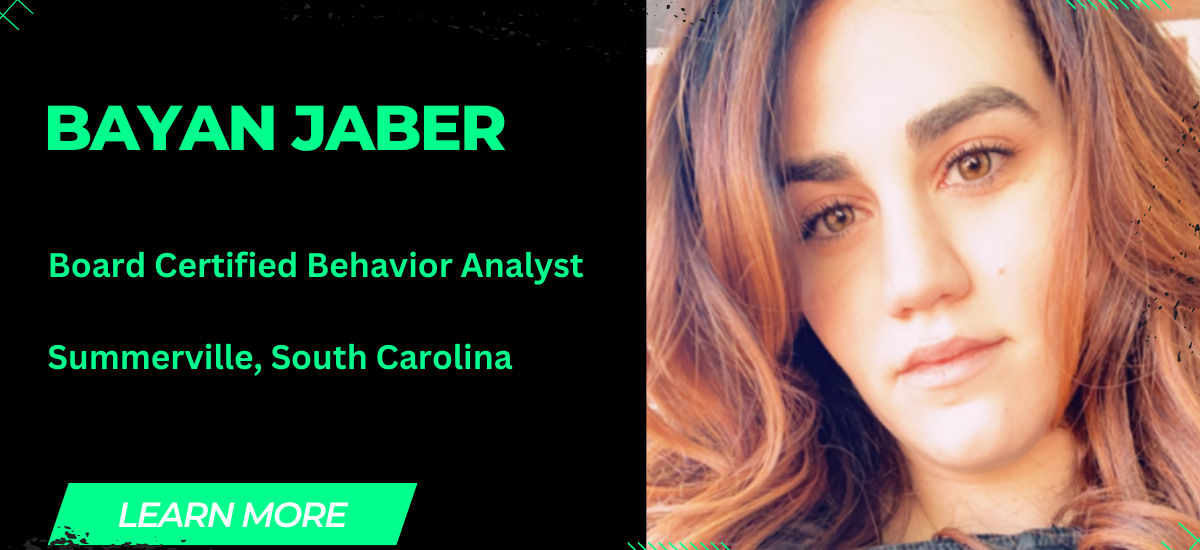
Bayan Jaber is known for her expertise, leadership, and advocacy. Located in Summerville, SC, She has an excellent educational background from Wayne State University and Saint Elizabeth University. Her journey in the field has been
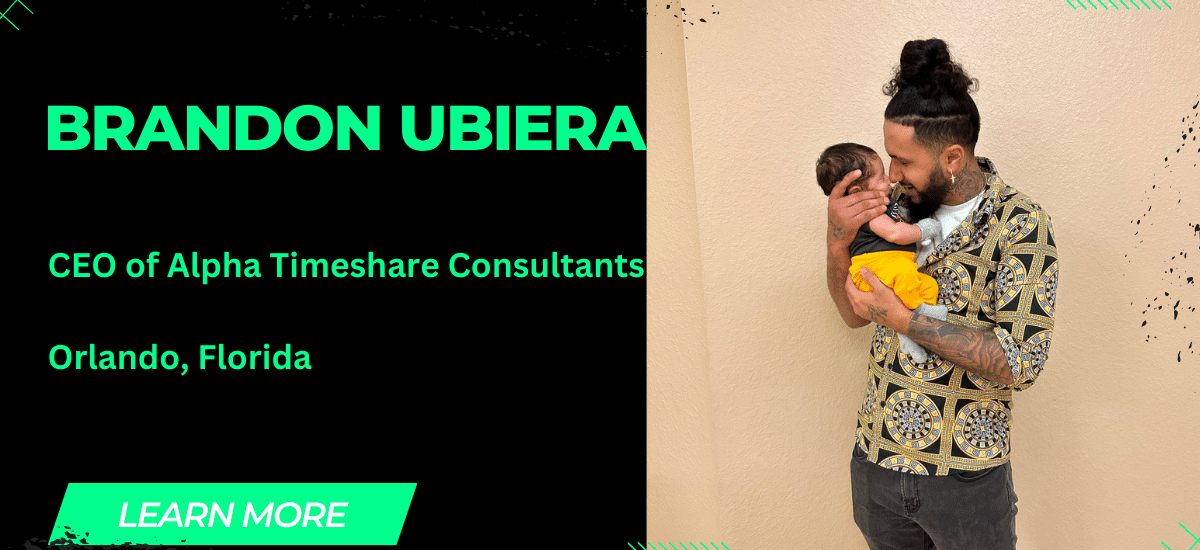
Brandon Ubiera is a successful leader and strategic thinker in the fast-paced world of business and entrepreneurship. He is the CEO of Alpha Timeshare Consultants, which provides expert guidance to people who own timeshares. Timeshare
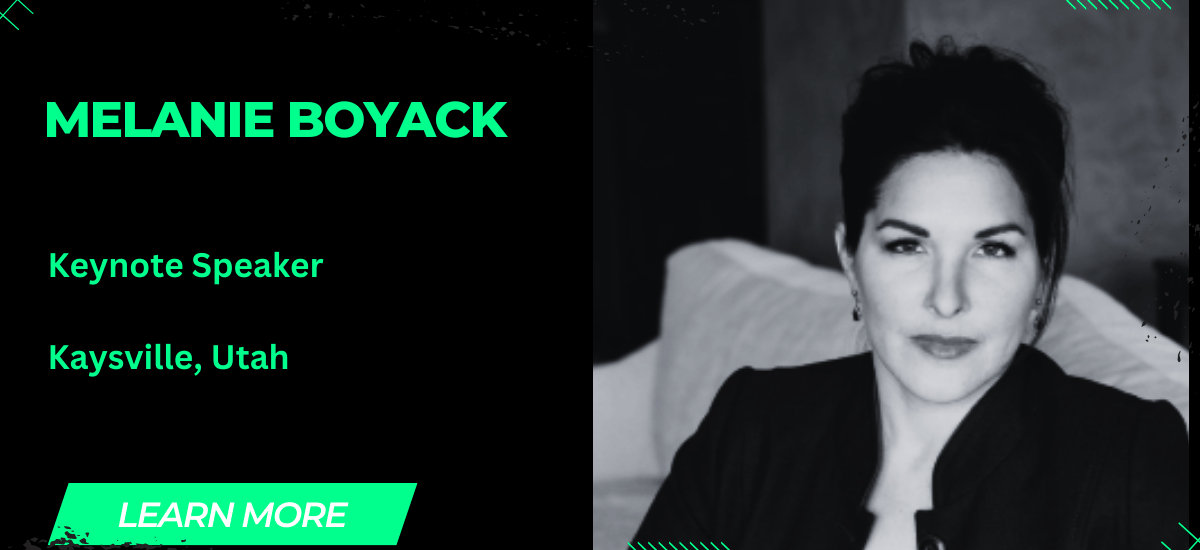
Melanie Boyack of Kaysville, Utah, is no stranger to pressure. With a background in trauma therapy that includes navigating high-stakes hostage situations and working closely with elite units like SWAT and Special Forces, she understands
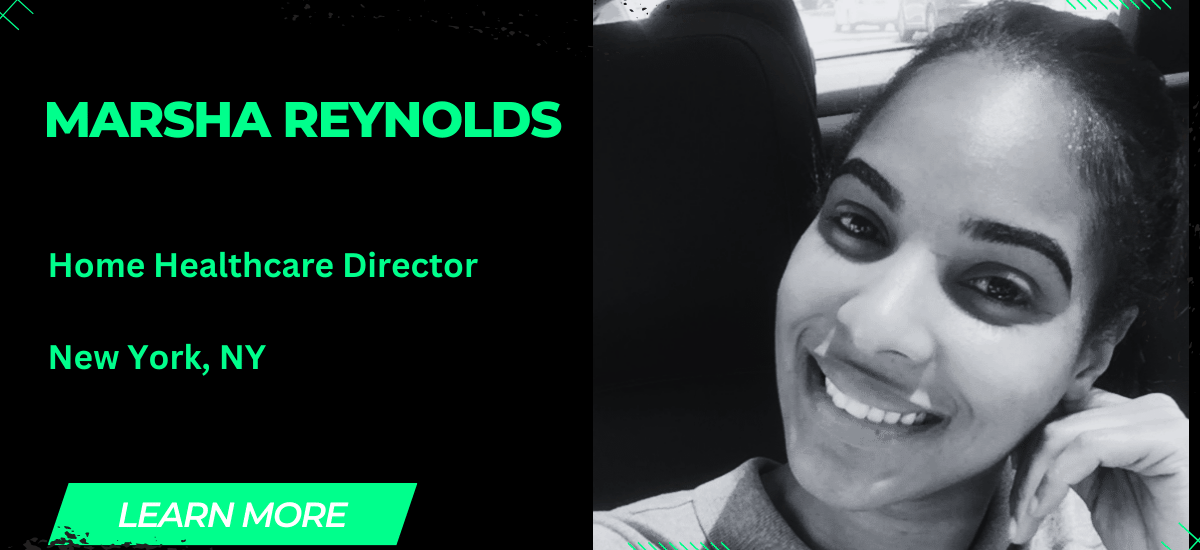
Marsha Gay Reynolds is the Managing Director of a leading home care agency in New York City and holds a Master’s in Public Health. Her professional work spans public health, environmental advocacy, and community service.
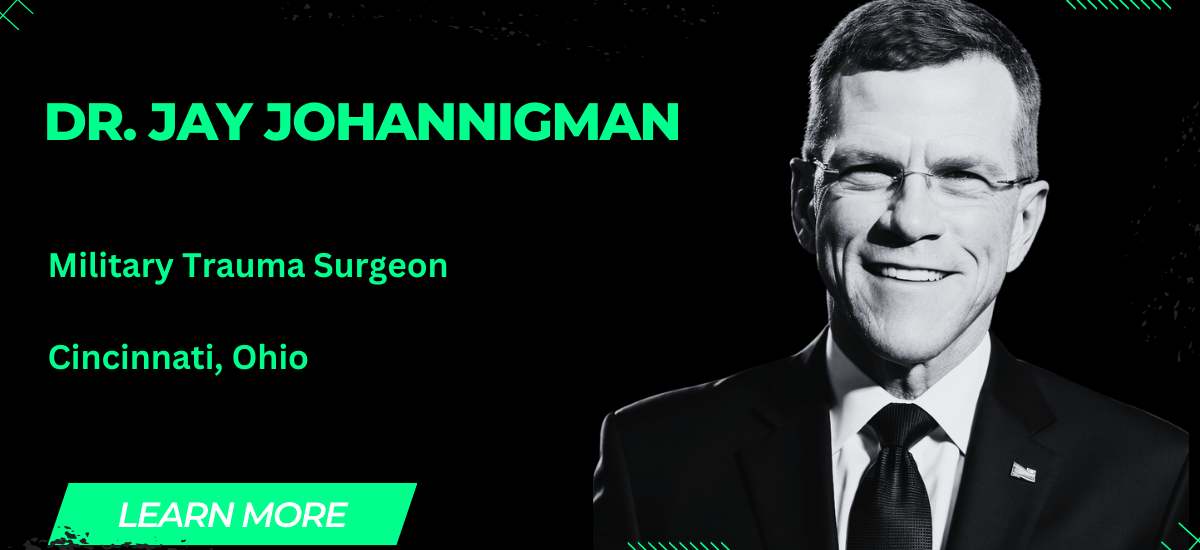
Dr. Jay Johannigman has built a remarkable career spanning four decades. His contributions have shaped trauma care and advanced aeromedical transport from military to civilian healthcare. He’s a seasoned trauma and critical care surgeon with
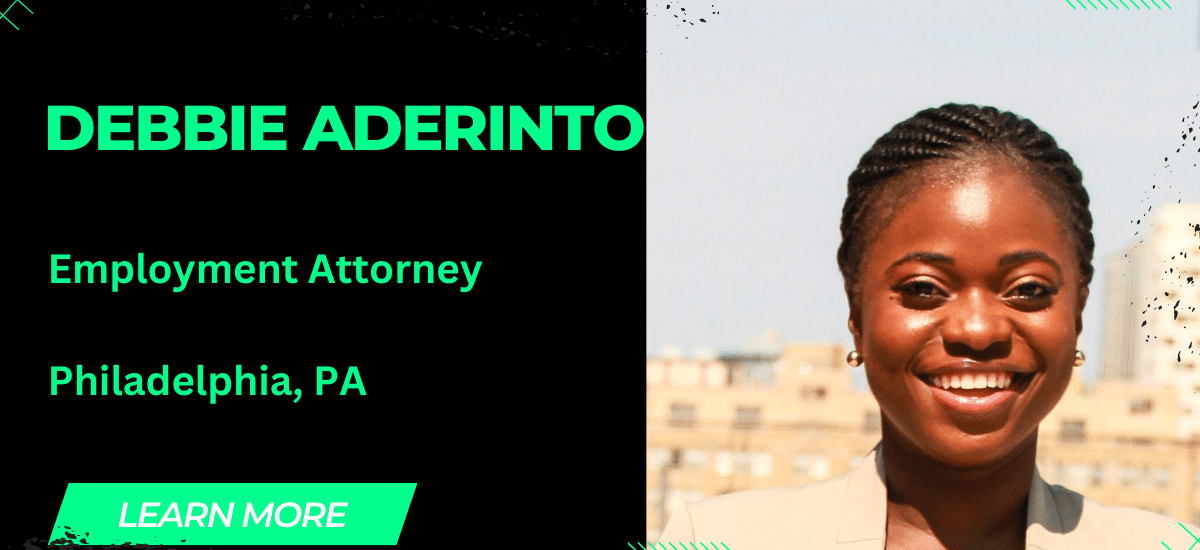
Adebola Debbie Aderinto is a Philadelphia attorney specializing in labor and employment law. Her experience moving from Nigeria to the United States at the age of 11 paved the way for a remarkable career in
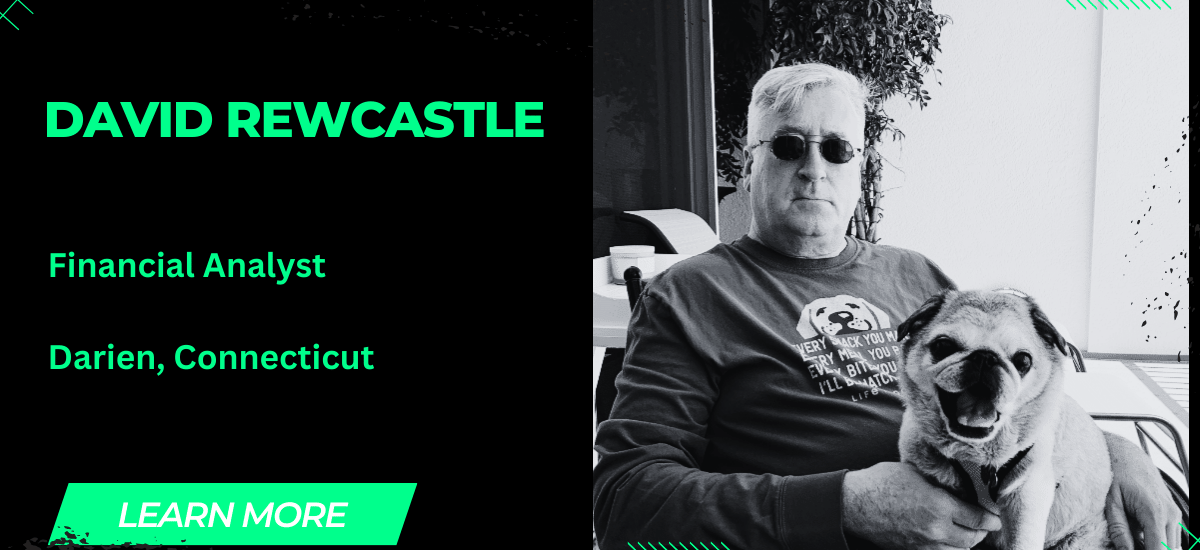
David Rewcastle is a respected financial analyst based in Darien, Connecticut, with a specialty in energy equity and fixed income. With decades of experience and a deep understanding of the energy and utilities sector, David
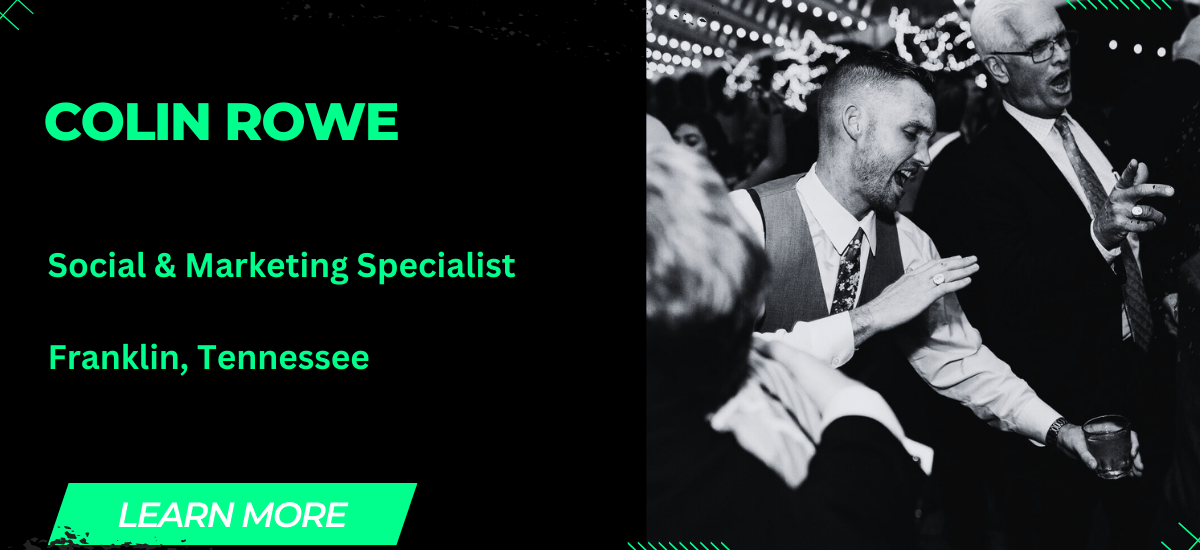
Colin Rowe, currently the Chief Marketing Officer at Arthron INC., a medical supply company in Franklin, Tennessee, has quickly become a notable figure in the social media marketing. With his experience managing digital content and
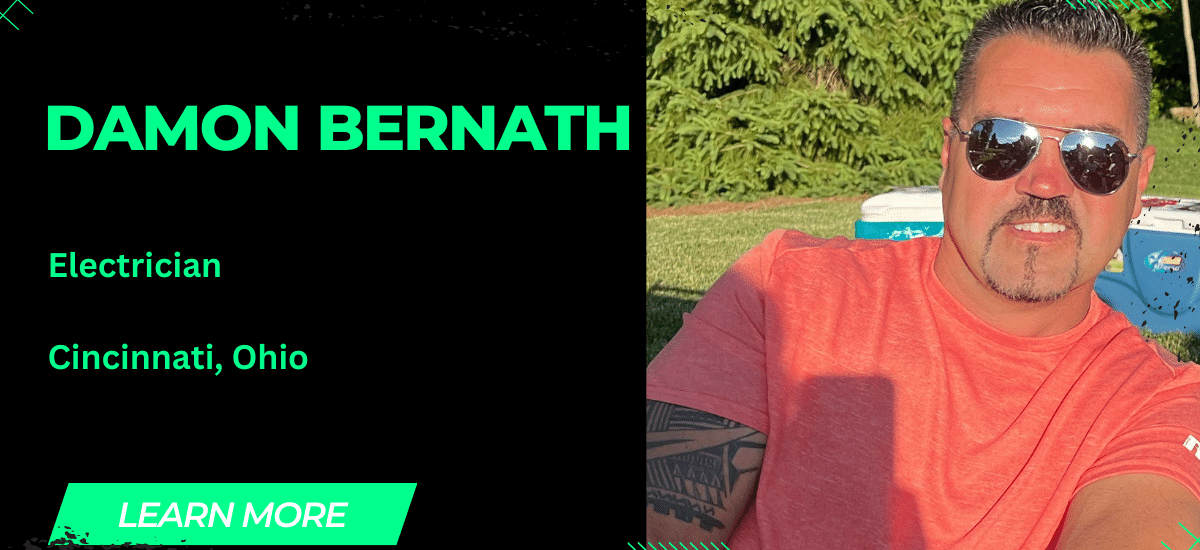
Damon Bernath is an electrical work expert with over twenty years of experience. He’s known for his ability to repair and install electrical systems in homes and businesses. His journey began in Ross, Ohio, a